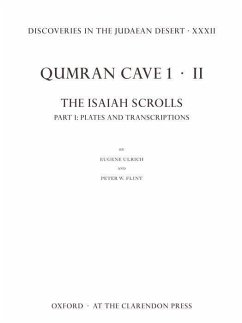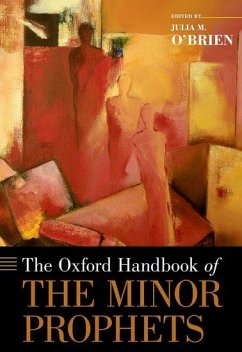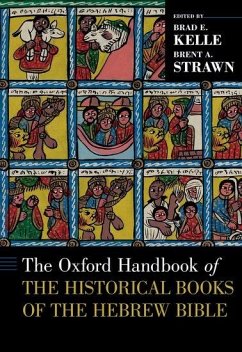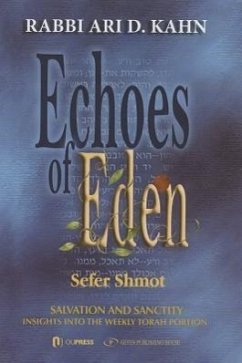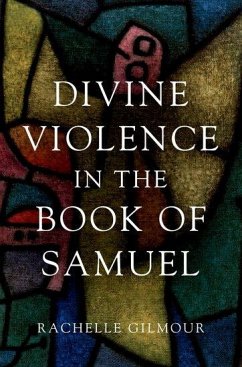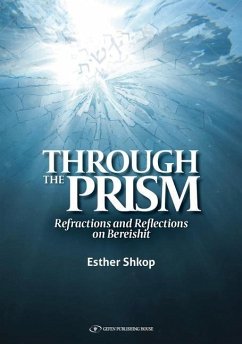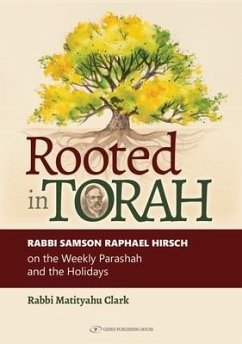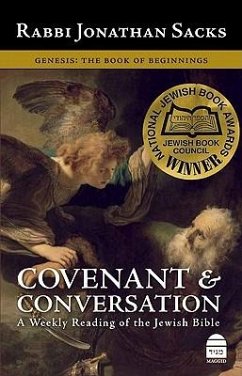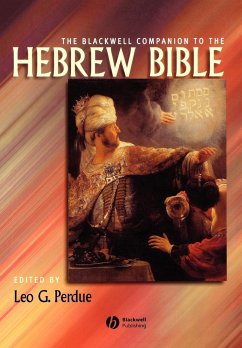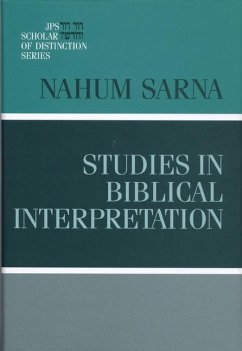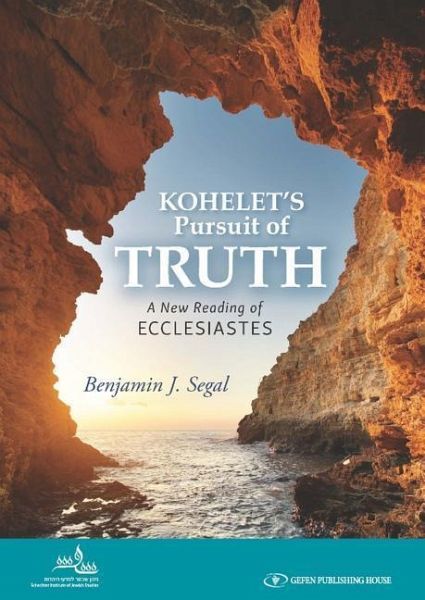
Kohelet's Pursuit of Truth
A New Reading of Ecclesiastes
Versandkostenfrei!
Versandfertig in über 4 Wochen
14,99 €
inkl. MwSt.

PAYBACK Punkte
7 °P sammeln!
The book is so controversial that some of the earliest rabbis sought to exclude it from the Bible in light of its self-contradictions and occasional near-heresies. Fortunately, the depth of thought won out. This commentary confronts the book from a perspective that is literary, while maintaining the highest academic standards. The volume is strikingly new, including the following central reconsiderations: Ecclesiastes was written with empowering the reader in mind. It is not a developed philosophy, but a short novelette, a story of one man's search for verifiable evidence of God's workings in ...
The book is so controversial that some of the earliest rabbis sought to exclude it from the Bible in light of its self-contradictions and occasional near-heresies. Fortunately, the depth of thought won out. This commentary confronts the book from a perspective that is literary, while maintaining the highest academic standards. The volume is strikingly new, including the following central reconsiderations: Ecclesiastes was written with empowering the reader in mind. It is not a developed philosophy, but a short novelette, a story of one man's search for verifiable evidence of God's workings in this world (which he does not find). Strikingly, his principal consequent advice is: "Enjoy." The book is a retrospective collection, so one finds a plethora of voices from one person - the young searcher, the poet, the teacher, the old man obsessed with death, etc. To these, the author adds the slightly dissenting voice of the one presenting the book. This variety turns the novelette into a parallel ongoing dialogue. The presentation as first person speech serves both to make the reader more sympathetic toward the speaker and yet less accepting of his contentions. Many of the "contradictions" in Ecclesiastes are in fact evidence of growth and change, as observable in the text. The reader is left to judge these as maturity, as the weakness of age, or possibly as the confusions inherent in life. As the speaker turns ever more to advice on how to get along, ultimately recommending no more contemplation, the reader is nevertheless left with more questions than answers. This book does not seek to provide answers to all the challenges, but rather a challenge to all the answers.



